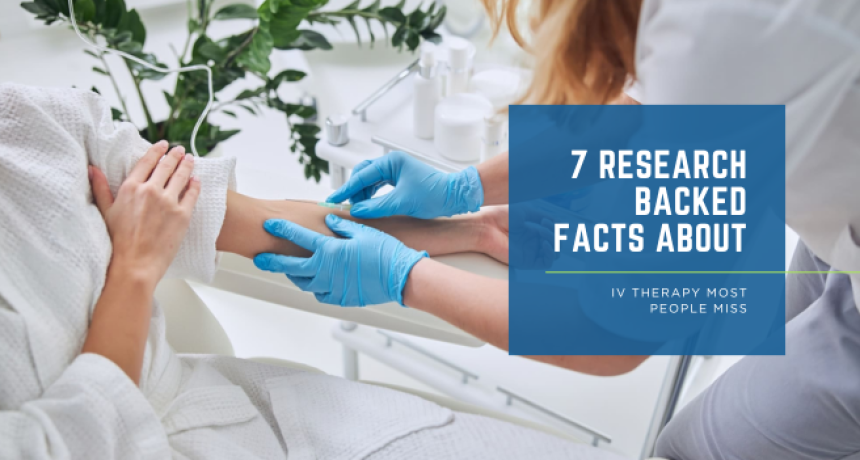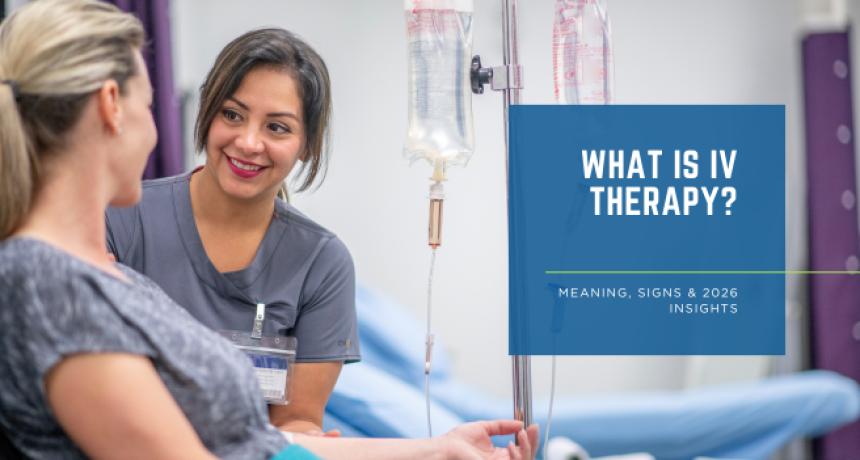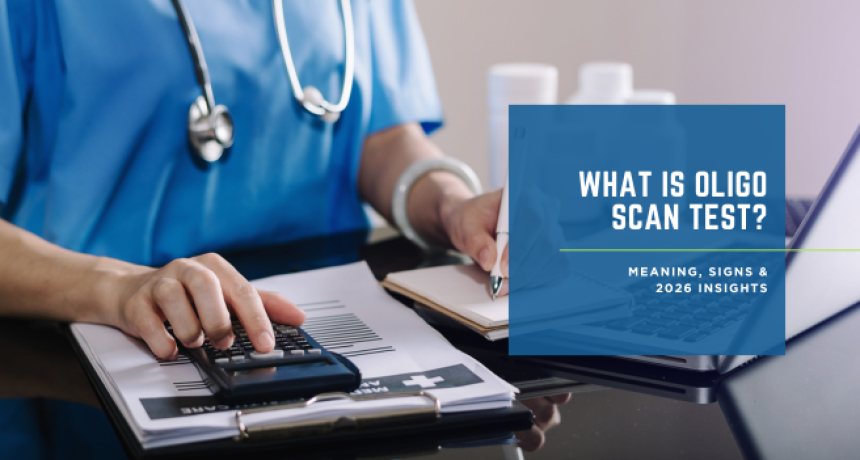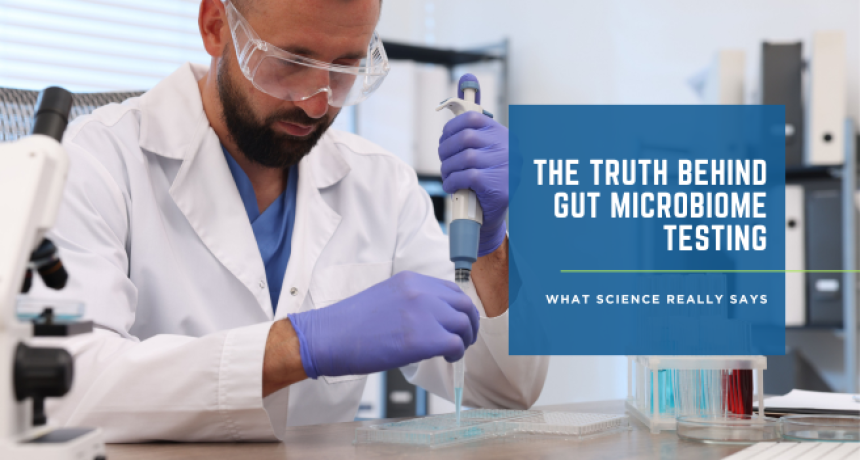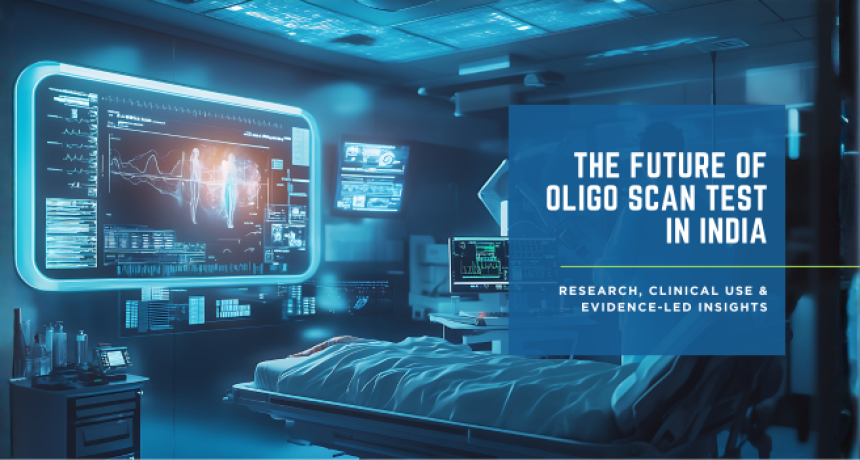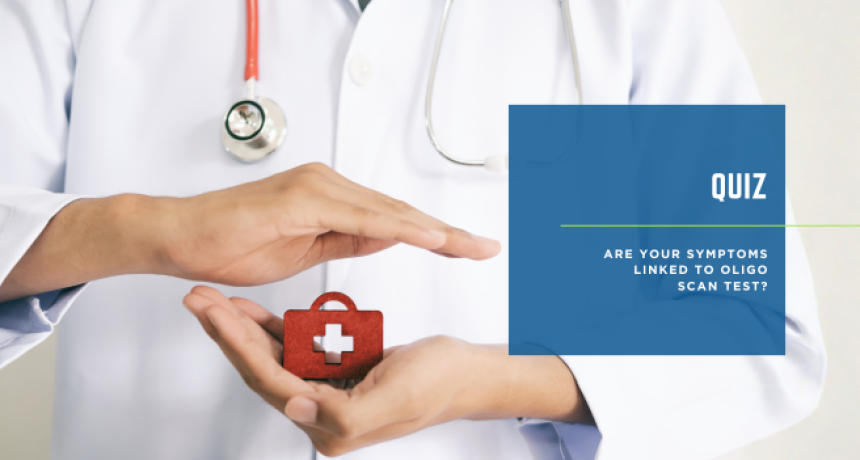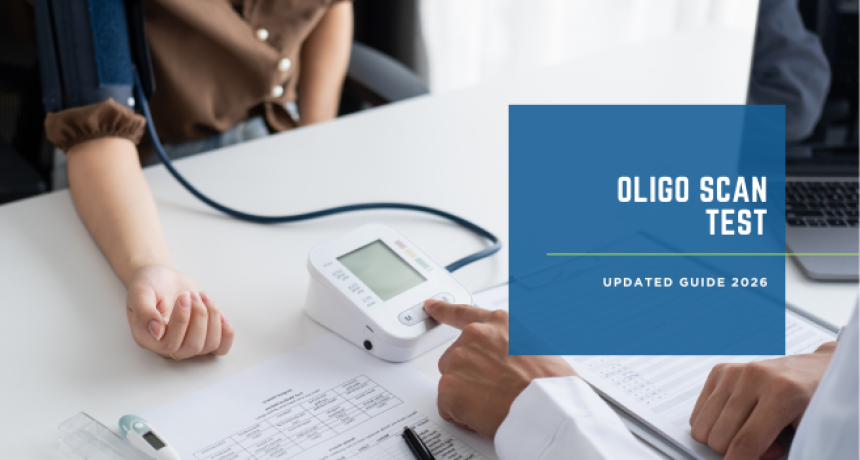Exploring the Science Behind Diabetes Reversal Programs: Can They Really Work?
2024-11-30 Diabetes is often labelled a “chronic, irreversible condition,” but recent advancements in science and healthcare challenge this notion. For Type 2 diabetes, in particular, research suggests that reversal is not only possible but achievable for many individuals through structured lifestyle and medical interventions. This concept, referred to as diabetes reversal, has gained significant traction globally, with India—a country bearing one of the highest diabetes burdens—emerging as a hub for such programs. In this article, we’ll explore the science, mechanisms, and effectiveness of diabetes reversal programs in India, focusing on how they’re transforming the narrative around diabetes management.
Diabetes reversal, particularly for Type 2 diabetes, refers to achieving and maintaining normal blood sugar levels without relying on diabetes medications. Unlike a cure, reversal requires sustained lifestyle changes and regular monitoring to prevent relapse. Key indicators of diabetes reversal include: HbA1c levels below 6.5%, maintained without medication. Fasting blood glucose levels of 70–100 mg/dL. Reversal doesn’t imply a permanent cure, as returning to old habits can cause blood sugar levels to spike again. However, sustained lifestyle changes can keep diabetes in remission for years. These programs are designed to address the root causes of insulin resistance, which lies at the core of Type 2 diabetes. The key pillars include: Dietary Interventions Programs emphasise low-carb, high-fibre diets or plant-based meals to stabilise blood sugar levels. Some advocate intermittent fasting, which has shown promise in reducing insulin resistance. Weight Management Losing even 5–10% of body weight can significantly improve insulin sensitivity. Physical Activity Exercise boosts glucose uptake by muscles, lowering blood sugar levels naturally. Strength training and aerobic exercises are commonly recommended. Stress Reduction Chronic stress elevates cortisol levels, which worsen insulin resistance. Practices like yoga and meditation are integrated into these programs. Continuous Monitoring Digital health tools, including wearable glucose monitors and app-based tracking, empower individuals to take charge of their progress. Sustainability: Maintaining dietary and lifestyle changes can be difficult over the long term. Personalization: Not all programs suit every individual. "Once a diabetic, always a diabetic." Reversal is possible, particularly in the early stages. "Medications are inevitable." Lifestyle changes can eliminate the need for medications in many cases. Diabetes reversal programs are most effective for individuals who: Have been recently diagnosed with Type 2 diabetes. Have not yet developed severe complications. Are committed to making lifestyle changes. However, Type 1 diabetes, an autoimmune condition, cannot be reversed but can still benefit from optimised glucose control. Yes, diabetes reversal programs work, but their success depends on the individual's commitment and the program's quality. Research consistently shows that structured lifestyle interventions can lead to long-term diabetes remission for many.
If you’re considering a program, consult a healthcare provider and choose one backed by science, personalised care, and continuous support. FAQs About Diabetes Reversal Programs L&B Clinics offers the best diabetes reversal program in delhi designed by expert doctors and nutritionists. Root Cause Approach: Focuses on identifying and addressing the underlying causes of insulin resistance. Personalized Plans: Customized diet, exercise routines, and mental health strategies tailored to individual needs. Medical Supervision: Regular monitoring of blood sugar levels and medication adjustments. Support System: Includes WhatsApp support, educational resources, and weekly progress assessments. Early detection of diabetes is essential for effective management. Common diagnostic tests include: Fasting Blood Sugar (FBS): Measures blood sugar after an overnight fast. HbA1c Test: Reflects average blood sugar levels over the past 2-3 months. Oral Glucose Tolerance Test (OGTT): Assesses how your body processes glucose. Random Blood Sugar Test: Measures blood sugar at any time of day. Lipid Profile and Kidney Function Tests: Often recommended for a comprehensive assessment of overall health. A balanced diet plays a vital role in diabetes management and reversal. Low Glycemic Index (GI) Foods: Whole grains, legumes, and non-starchy vegetables. Healthy Fats: Avocados, nuts, seeds, and olive oil. Lean Proteins: Fish, poultry, tofu, and eggs. Controlled Carbohydrate Intake: Spread evenly throughout the day to maintain stable blood sugar levels. Avoid: Sugary drinks, refined carbs, and trans fats.What Is Diabetes Reversal?
How Do Diabetes Reversal Programs Work?
Science-Backed Evidence for Diabetes Reversal

1. The Role of Weight Loss
2. Impact of Low-Carb Diets
3. The Influence of Exercise
Challenges and Myths Surrounding Diabetes Reversal
Challenges:
Myths:
Key Components of a Diabetes Reversal Program
Comparison Chart: Conventional Management vs. Reversal Programs
Who Can Benefit from Diabetes Reversal Programs?
Final Verdict: Do They Really Work?
1. What is L&B Clinics' Diabetes Reversal Program?
Key Features:2. What Tests Are Required to Diagnose Diabetes?
3. What Is the Best Diet for Diabetes?
Dietary Guidelines:
.png)

